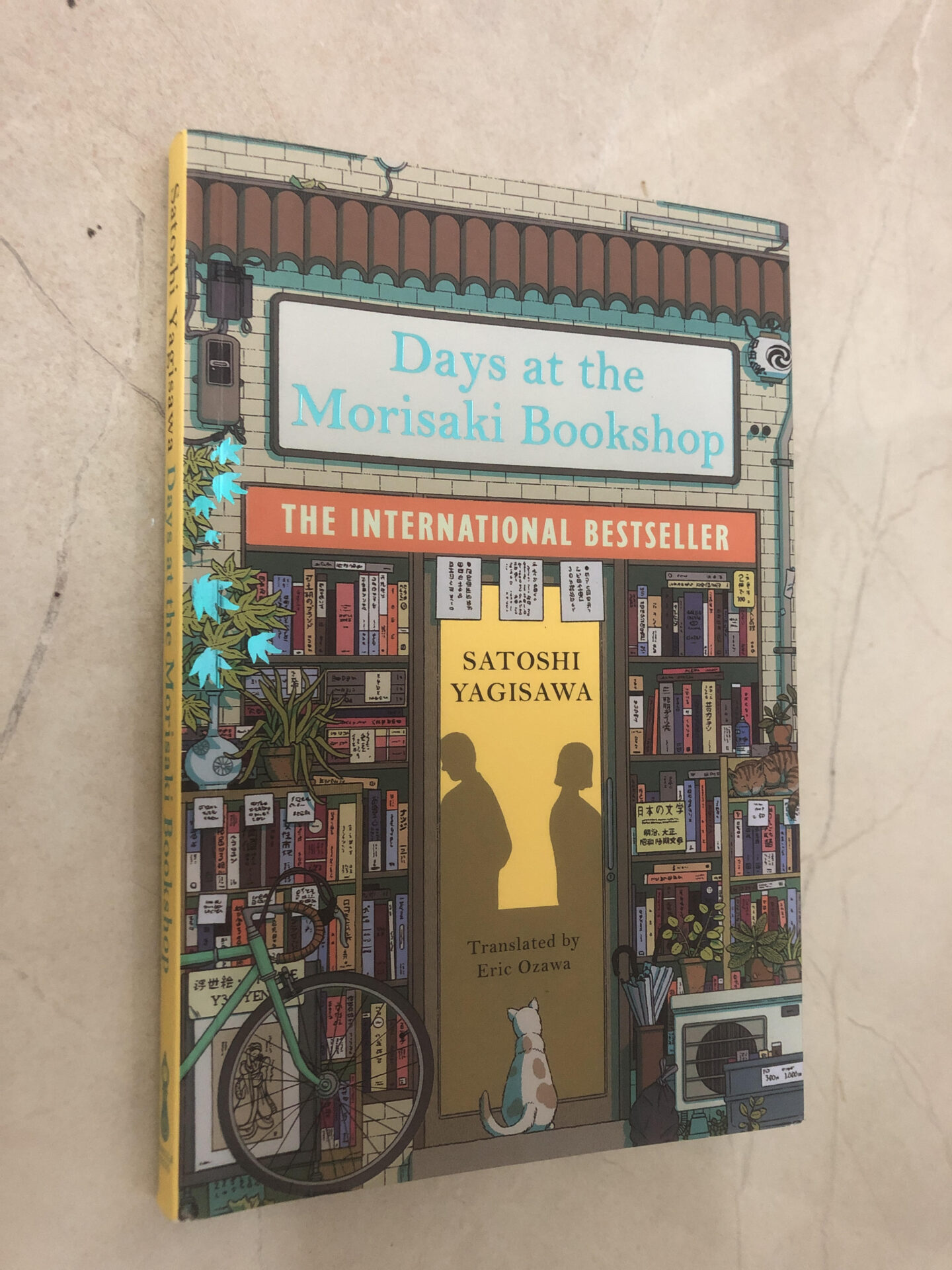It was a short, quick read, of around 150 pages.
Since it was a small book, I felt really nice to complete it. I have been away from reading fiction for quite a while now. I wanted to get back to it, desperately. This was not the first time I tried, though. A few months back, I had read a few pages of A Spool of Blue Thread but coudn’t continue with it. Reading is a hard exercise.
I say hard because, unlike reading an academic article or a book, you cannot stop after a chapter or two. You cannot pick and choose what is relevant for you, or what strikes you as interesting. Once you start reading, you should get hooked and you should be able to run with it. You shouldn’t keep it idle for a few dayas, after reading a few pages. Then you would lose the thrill.
It was precisely becasue of this quirky character of fiction that I could not get into serious reading, once I started PhD and my academic career immediately afterwards. I now feel a little settled and able to devote some time everyday for reading. I finished this book over 4 days. I am happy.
It was on Twitter last weekend I saw this recommendation. A few more people commented on the post touting it as an enjoyable read. Without thinking further I ordered a copy. The book looks at the life of a young lady and how she finds respite at an old secondhand bookstrore in Jimbocho. Upon a google search, you can see that it is known as Tokyo’s centre of used-book stores.
I do not want to say more about the content of the book. But I have been interested in thinking about how time is handled in a fiction. What I mean is that I have, of late, been wondering what sort of duration can be handled in a novel.
I think you seek to find different things in books at different times. I am struggling to write something in which the issue of time is plaguing me as a thing that needs delicate handling. Ultimately, it seems to be about how well you can integrate the narrative into a workable plot. Hope I will reach there.
To stop my rambling, if you would like a light read, love hanging out in bookstores, particularly the used ones, you might like this book.


Leave a Reply